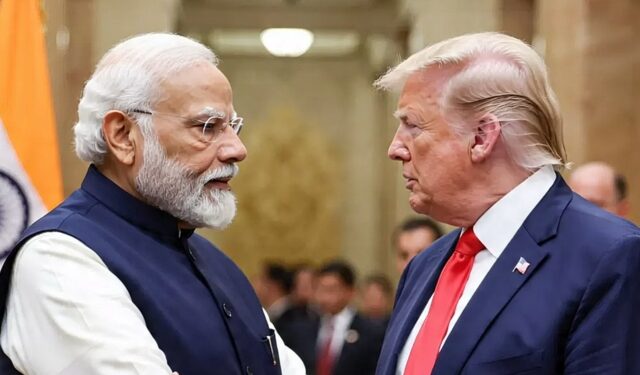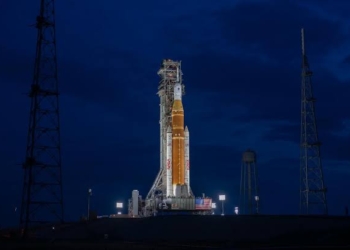In a sharp rebuke to US President Donald Trump’s recent threat to impose tariffs on Indian exports over continued Russian oil imports, the Ministry of External Affairs (MEA) today condemned the move as “unjustified and unreasonable,” calling out what it termed the West’s blatant double standards.
The controversy erupted after Trump accused India of undermining Western sanctions by purchasing discounted Russian crude. However, Indian officials pushed back firmly, highlighting that both the United States and European Union continue to engage in substantial trade with Russia despite their public posturing.
India clarified that its decision to source Russian crude was prompted by the diversion of traditional suppliers to Europe post-conflict. At the time, the United States had actively encouraged these imports to stabilise volatile global energy markets.
The MEA emphasised that India’s energy needs are critical for maintaining stable and affordable fuel prices for its citizens, calling the imports “a necessity compelled by global market conditions.” In contrast, it pointed out that Western nations—despite their public censure—have maintained substantial trade ties with Russia.
According to official data, the European Union recorded €67.5 billion in goods trade with Russia in 2024 and €17.2 billion in services in 2023, far surpassing India’s trade figures. LNG imports alone from Russia hit a record 16.5 million tonnes in 2024.
Moreover, EU-Russia exchanges span beyond energy, including fertilisers, mining products, chemicals, iron and steel, machinery, and transport equipment. The United States, too, continues to import uranium hexafluoride for its nuclear sector and palladium for electric vehicles, alongside fertilisers and chemicals.
“In this background, the targeting of India is unjustified and unreasonable,” the statement read, stressing that as a major economy, India reserves the right to take “all necessary measures to safeguard its national interests and economic security.”
This latest diplomatic tension adds to a growing list of frictions between India and Western powers over trade policies, climate commitments, and geopolitical alignments. Yet India’s firm stance reinforces its emerging role as a balanced global player—one that prioritises its domestic imperatives while navigating the complex web of international diplomacy.
The issue is likely to feature prominently in upcoming trade talks, with India making clear that coercive tactics will not deter its independent policy framework.






























